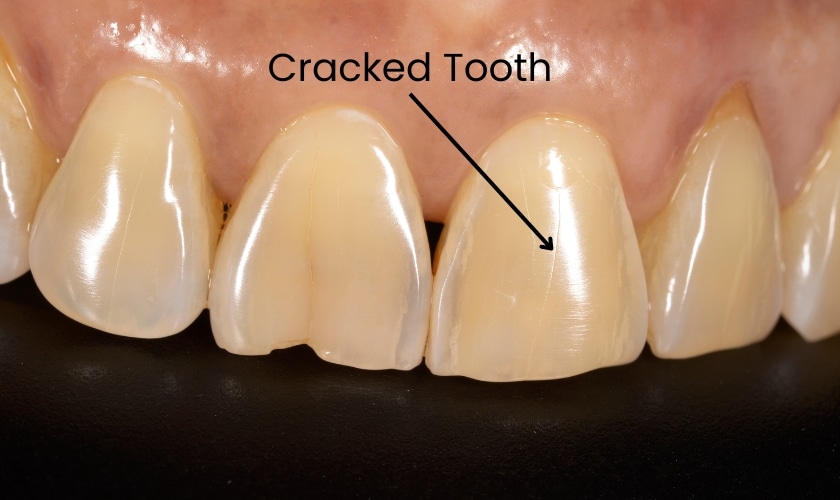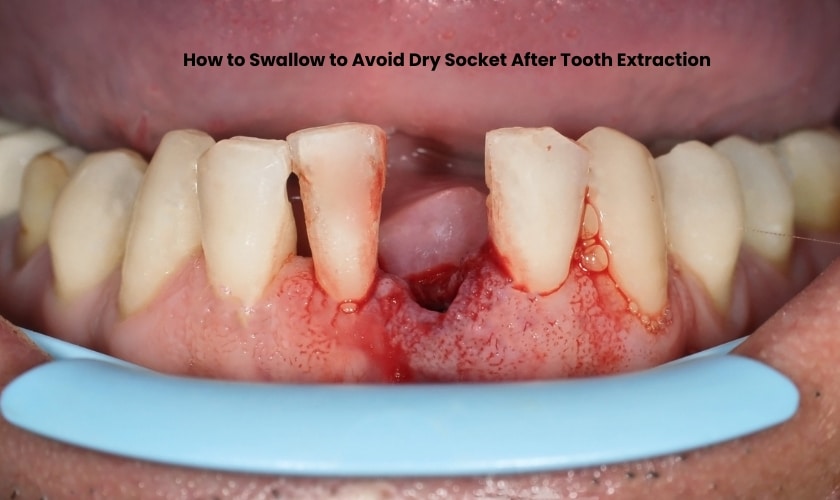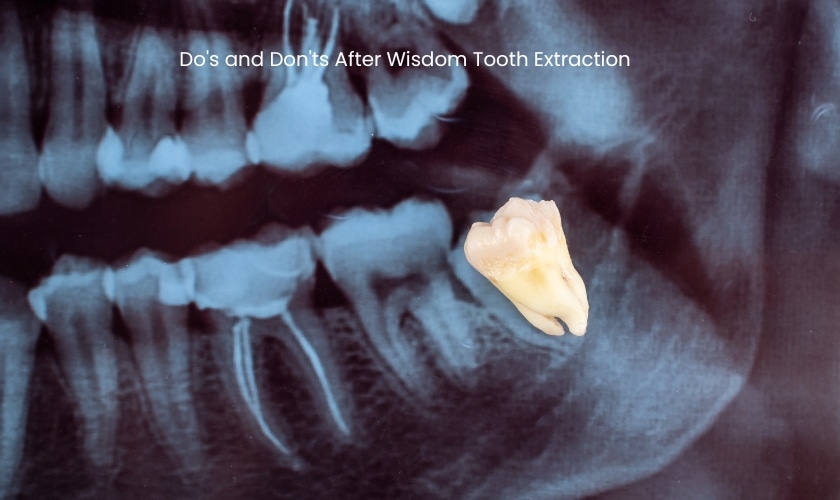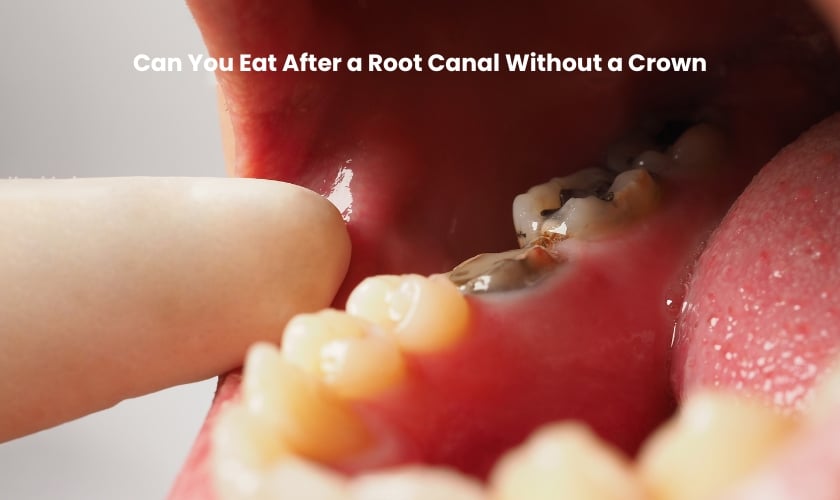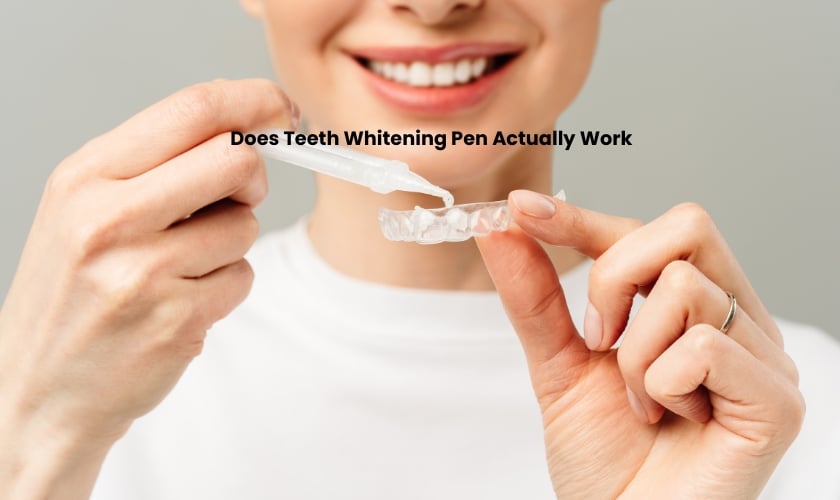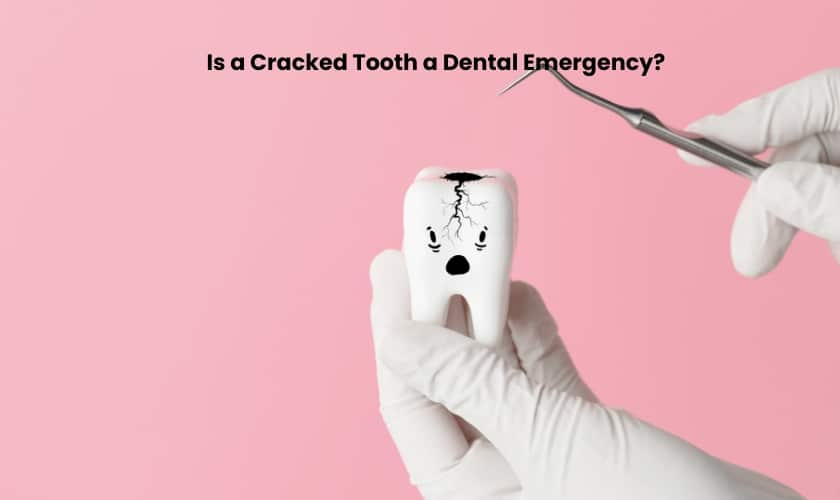
Is a Cracked Tooth a Dental Emergency?
Cracks happen. It’s a fact of life, and unfortunately, our teeth aren’t immune. A cracked tooth can be a source of worry, leaving you wondering, “Is a cracked tooth a dental emergency?” The answer, like most things in dentistry, isn’t a simple yes or no. It depends on the severity of the crack and the symptoms you’re experiencing.
This comprehensive guide dives deep into the world of cracked teeth, exploring the signs that might signal a dental emergency, treatment options, and how to care for a cracked tooth at home. Plus, we’ll answer some frequently asked questions to empower you to make informed decisions about your oral health.
Is a Cracked Tooth a Dental Emergency?
Not all cracked teeth require an immediate visit to the dentist. Minor cracks, especially those on the tooth’s surface (enamel), may not cause any pain or discomfort and might only be noticeable during a dental exam. However, certain situations elevate a cracked tooth to dental emergency status. Here’s what to watch out for:
- Severe pain: A sharp, throbbing pain, especially when chewing or biting down, is a red flag. This could indicate nerve damage within the tooth.
- Sensitivity to hot or cold: Does your cracked tooth react painfully to hot or cold beverages? This can be a sign that the pulp (the inner layer of the tooth) is exposed.
- Bleeding or swelling: If your cracked tooth bleeds or causes swelling in the gums, it’s a cause for concern and requires prompt dental attention.
- Difficulty chewing: A large crack can compromise the tooth’s structure, making chewing difficult or painful.
How Long Can You Go with a Cracked Tooth?
Even if your cracked tooth isn’t causing immediate pain, it’s crucial to schedule an appointment with your dentist, as soon as possible. Here’s why:
- The crack can worsen: Left untreated, a small crack can grow into a larger fracture, requiring more extensive (and expensive) treatment later.
- Increased risk of infection: A crack can create an entry point for bacteria, putting you at risk for an infection that can spread to the pulp and bone.
- Tooth loss: In severe cases, a neglected crack can lead to tooth loss.
What is the Protocol for a Cracked Tooth?
The protocol for a cracked tooth depends on the severity of the damage. Here’s what your dentist might do:
- Examination: Your dentist will thoroughly examine the cracked tooth, including X-rays, to assess the extent of the damage and determine the best course of treatment.
- Filling or Bonding: For minor cracks, a filling or bonding procedure might be sufficient to restore the tooth’s structure and function.
- Crown: If the crack is more extensive, a crown (a cap placed over the tooth) might be necessary to protect and strengthen the tooth.
- Root canal: In cases where the crack exposes the pulp, a root canal may be required to remove the infected tissue and save the tooth.
- Extraction: In the most severe cases, if the tooth is severely cracked or infected beyond saving, extraction might be the only option.
How Do You Fix a Cracked Tooth Without Going to the Dentist?
There’s no safe and effective way to fix a cracked tooth at home. Unfortunately, internet searches for DIY solutions might lead you down a rabbit hole of ineffective or even harmful remedies.Resist the urge to experiment! Early diagnosis and professional treatment are key to saving your tooth and preventing further complications.
What Happens if You Ignore a Cracked Tooth?
Ignoring a cracked tooth can have serious consequences, including:
- Increased pain and discomfort: As the crack worsens, the pain can intensify, making it difficult to chew or speak.
- Infection: A neglected crack can lead to a dental abscess, a painful pus-filled infection that can spread to the jawbone and require extensive treatment, including antibiotics and possibly surgery.
- Tooth loss: In the worst-case scenario, a severely damaged tooth might need to be extracted.
How Do You Care for a Cracked Tooth at Home?
While you can’t definitively “fix” a cracked tooth at home, there are steps you can take to manage discomfort and potentially prevent further damage until you see your dentist Riverside, Here’s what you can do:
1. Manage Pain:
- Over-the-counter pain relievers: Acetaminophen and ibuprofen are two examples of medications that can help control pain and inflammation.
- Cold compress: Apply a cold compress to the outside of your cheek near the affected tooth to reduce swelling. Apply the compress for 15-minute intervals with breaks in between to avoid tissue damage.
2. Protect the Tooth:
- Avoid chewing on the cracked tooth: This can worsen the crack and cause further pain. Stick to soft foods on the opposite side of your mouth.
- Dental floss: Gently floss around the cracked tooth to remove any food particles that might be lodged in the crack and irritate the area.
3. Rinse with Saltwater:
- Make a saltwater rinse by dissolving half a teaspoon of table salt in a warm glass of water. Swish gently for about 30 seconds to help reduce inflammation and remove debris.
4. Protect Yourself from Further Injury:
- Mouthguard: If you grind your teeth at night, wear a mouthguard to prevent further damage to the cracked tooth and other teeth.
These are temporary measures to manage discomfort until you see your dentist. Early professional intervention is crucial to determine the best course of treatment and prevent complications like infection or tooth loss.
Cracked Tooth: A Cause for Concern? Navigating Dental Emergencies in Riverside
1. Why Are My Teeth Cracking All of a Sudden?
Several factors can contribute to a cracked tooth:
- Chewing hard objects: Chewing on hard candy, ice, nuts, or other hard items can put excessive stress on your teeth, leading to cracks.
- Trauma: A blow to the face or a sudden impact can cause a tooth to crack.
- Bruxism (teeth grinding): Grinding or clenching your teeth at night can weaken the tooth enamel and make it more susceptible to cracks.
- Large fillings: Extensive fillings can weaken the tooth structure, increasing the risk of cracking.
- Age: As we age, teeth become more brittle and more prone to cracking.
- Hot and cold fluctuations: Repeated exposure to extreme temperatures (hot and cold) can cause the tooth to expand and contract, potentially leading to cracks.
2. What Does a Cracked Tooth Look Like?
A cracked tooth might not always be visible to the naked eye. However, some signs can indicate a crack:
- A visible line or crack on the tooth surface
- Sharp pain when chewing or biting down
- Sensitivity to hot or cold beverages
- Chipped tooth enamel
3. When Should I Worry About a Cracked Tooth?
Worry about a cracked tooth if you experience any of the following:
- Pain, especially when chewing or biting down
- Sensitivity to hot or cold
- Bleeding or swelling around the tooth
- Difficulty chewing
- A visible crack on the tooth
If you experience any of these symptoms, schedule an appointment with your dentist, “Dentist in Riverside,” like Inland Choice Dental, as soon as possible.
How Inland Choice Dental Can Help
At Inland Choice Dental, We understand the importance of prompt and professional care for cracked teeth. Our team of experienced dentists can diagnose the severity of the crack, recommend the most suitable treatment option, and restore your smile to its full health and function.
We offer a range of services, including fillings, Dental bonding, Dental crowns, root canals, and Tooth extractions, to address cracked teeth effectively. We prioritize patient comfort and utilize advanced technology and techniques to ensure a positive dental experience.
A cracked tooth can be a source of worry, but it doesn’t have to be a dental emergency. By understanding the signs and symptoms, seeking professional care promptly, and practicing good oral hygiene, you can preserve your smile and maintain optimal oral health.
Schedule an appointment with Inland Choice Dental in Riverside today for a comprehensive dental evaluation and expert care for your cracked tooth. We’re dedicated to helping you achieve a healthy and beautiful smile!
FAQs
1. Can a cracked tooth heal itself?
No, a cracked tooth cannot heal itself. Early dental intervention is crucial to prevent further damage and complications.
2. What if I can’t afford dental treatment for a cracked tooth?
Many dental practices offer flexible payment plans and work with patients to find financial solutions. Don’t hesitate to discuss your options with your dentist.
3. How can I prevent cracked teeth?
Avoid chewing on hard objects, practice good oral hygiene, wear a mouthguard if you grind your teeth at night, and schedule regular dental checkups and cleanings.
4. Will a cracked tooth show up on an X-ray?
Yes, X-rays are a valuable tool for dentists to diagnose cracked teeth, especially if the crack is not visible to the naked eye.
5. Can I eat normally with a cracked tooth?
It depends on the severity of the crack. If you’re experiencing pain, it’s best to stick to soft foods until you see your dentist.
